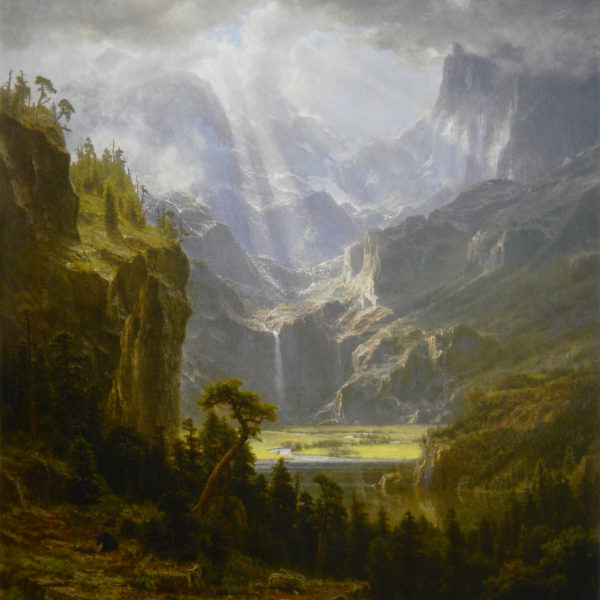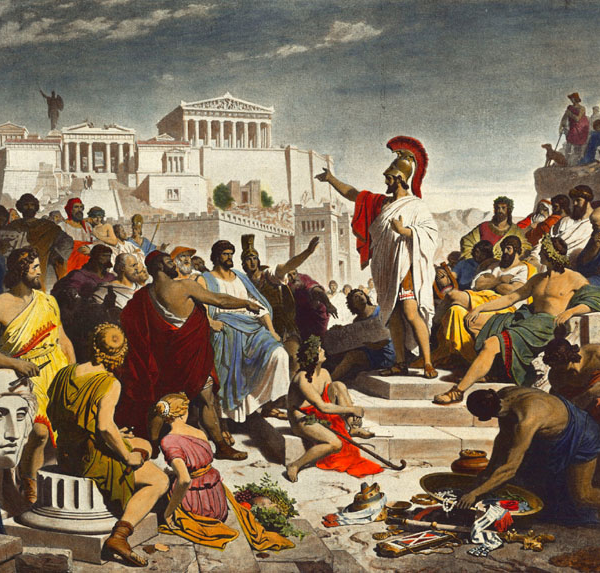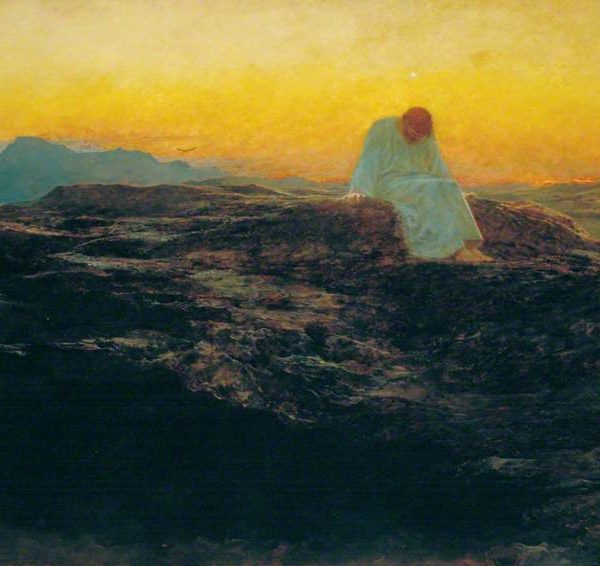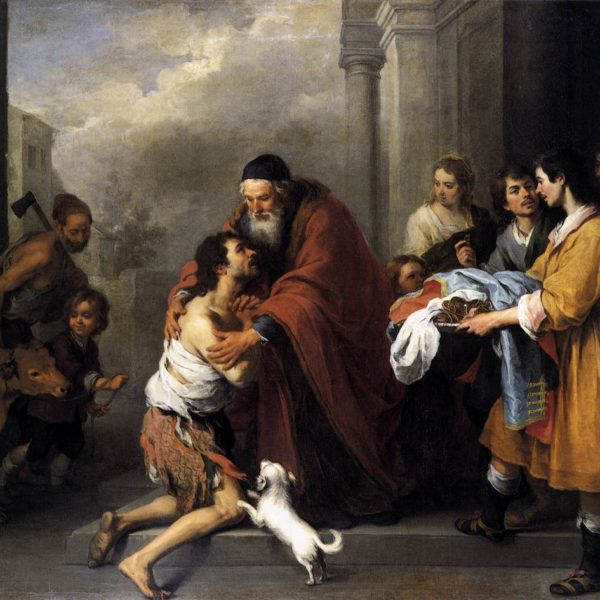
Although the parable is typically referred to as that of ‘the Prodigal Son’, the son who receives the father’s welcome has long since fallen from his state of prodigal living into one of the most abject poverty and lack. This father’s loving embrace challenges us to consider our provision of welfare and welcome to those in need among us, irrespective of how ‘deserving’ we might suppose them to be.
The journal Political Theology is very pleased to announce the addition of seven new members of its Editorial Board. These distinguished scholars further broaden the journal’s reach and scope. They include scholars of political theory, philosophy, law, anthropology, and theology, with expertise in Judaism, Christianity, and Islam, based in the United States, Brazil, Israel, France, and India. They join a vibrant group of current editorial board members that includes Cornel West, Miroslav Volf, Judith Butler, and Rowan Williams. Here are the new board members:
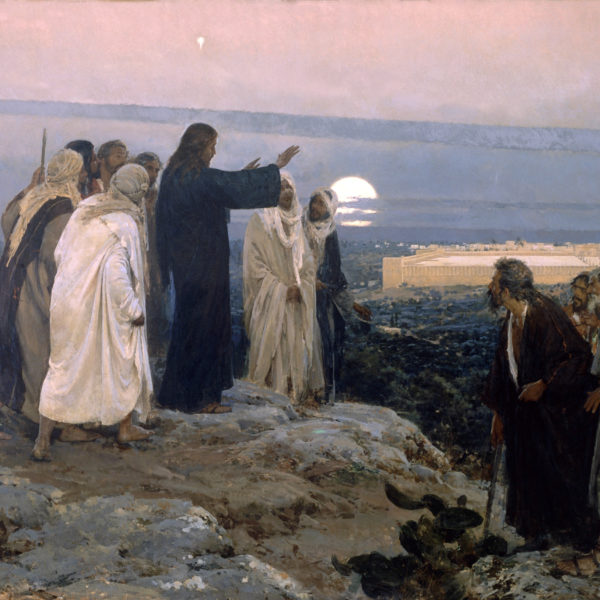
Jesus’ entry into Jerusalem, his trial, suffering, death, and resurrection, bring into full circle his journey to Jerusalem that was not shaped by Herod’s murderous threat but by his redemptive obedience to God’s will.


